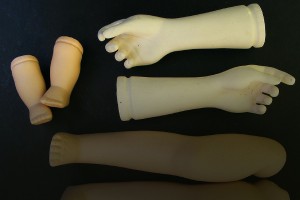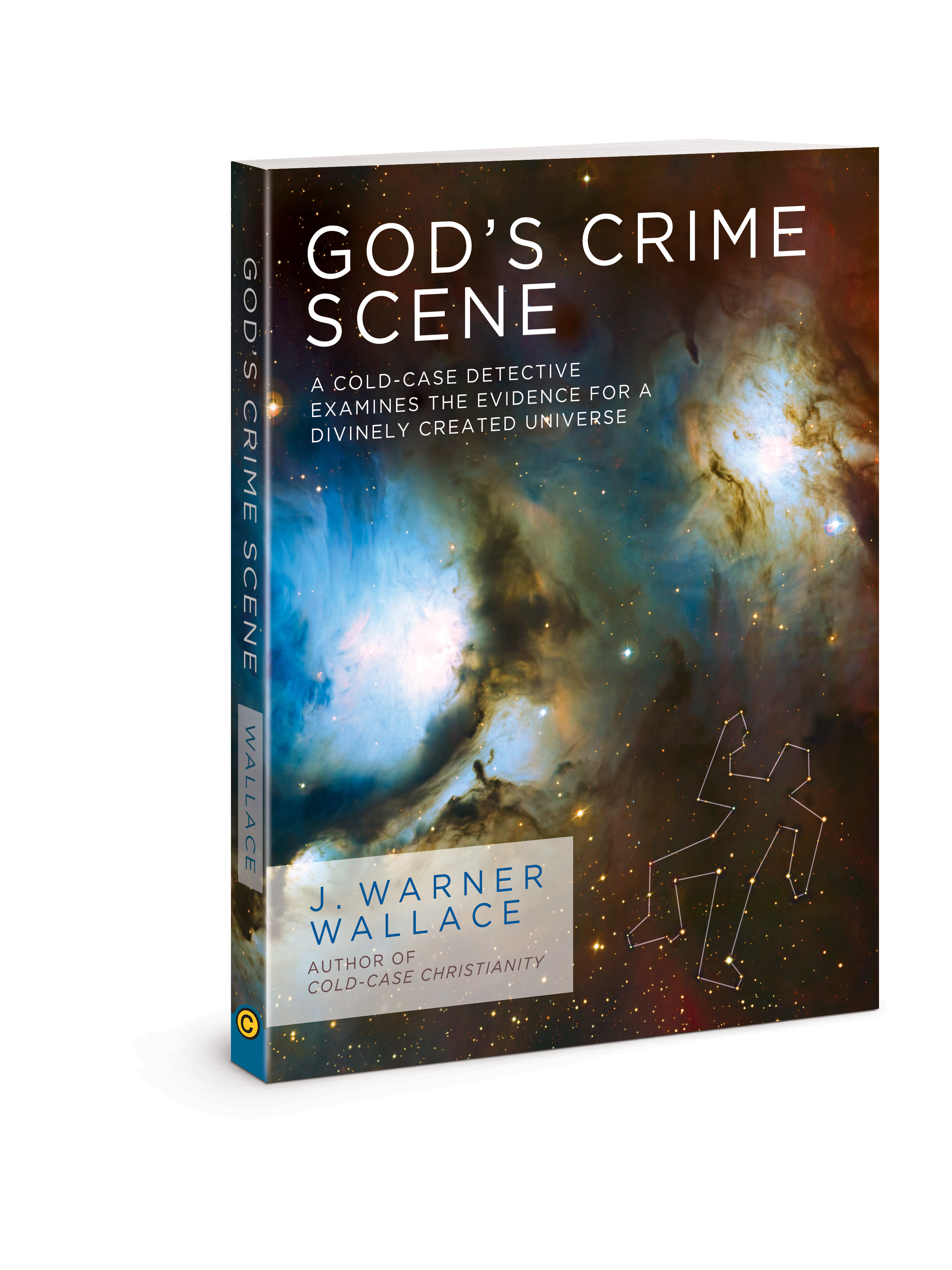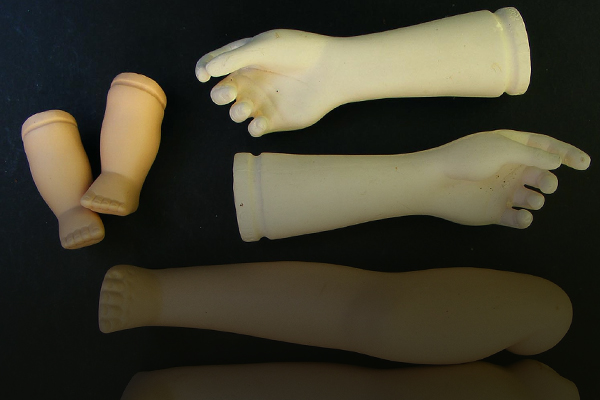
Genesis 2:16-17
And the LORD God commanded the man, saying, “From any tree of the garden you may eat freely; but from the tree of the knowledge of good and evil you shall not eat, for in the day that you eat from it you shall surely die.”
The command to Adam was simple: don’t eat and you won’t die. Your soul and body will be united forever. This appears to have been God’s initial design for us as humans. Any separation of the soul from the body came simply as the result of Adam’s rebellion. What we experience today, as fallen humans, is not what God initially intended for us. As Millard J. Erickson (author of Christian Theology) describes, we endure a conditional unity punctuated by the separation of body and soul in this period of time between death and the resurrection. God intends to return us to His original design for humans at the Second Coming of Jesus. As living souls, God intends to reunite us with our bodies for several important reasons:
The Whole Person is Important
The unity of our souls and bodies is important to God; He designed us as holistic creatures, and our physical condition is inseparably connected to our spiritual condition. For this reason, the Bible does not make a distinction between physical health and spiritual health. One is related to the other in a way we are yet to understand completely. That’s why Jesus healed in a holistic way:
Matthew 8:16
When evening came, many who were demon-possessed were brought to him, and he drove out the spirits with a word and healed all the sick.
Paul seemed to affirm the interdependency of the material and immaterial world when he warned us not to live and behave as though materialism is the only reality:
Ephesians 6:12
For our struggle is not against flesh and blood, but against the rulers, against the authorities, against the powers of this dark world and against the spiritual forces of evil in the heavenly realms.
The Gospel Is Intended For the Whole Person
That’s why the Gospel of Jesus Christ is also a holistic Gospel, appealing to the whole person, both physically and spiritually. If this were not true, God would have provided a way of salvation that would not have required Him to come to us in a physical body.
Hebrews 2:14-15
Since the children have flesh and blood, he too shared in their humanity so that by his death he might destroy him who holds the power of death-that is, the devil- and free those who all their lives were held in slavery by their fear of death.
God values the physical nature of his creation, and the Gospel is an inherently holistic provision for our salvation as everlasting material (and immaterial) beings.
The Body Is Not Less Important Than the Soul
Our bodies are important to God. While there are many medical reasons why we should take care of our bodies, we must first care for ourselves in response to God’s high view of the body. The proper care and feeding of the body includes not only proper diet and exercise, but also proper moral care:
1 Corinthians 6:13-20
The body is not meant for sexual immorality, but for the Lord, and the Lord for the body…. Flee from sexual immorality. All other sins a man commits are outside his body, but he who sins sexually sins against his own body. Do you not know that your body is a temple of the Holy Spirit, who is in you, whom you have received from God? You are not your own; you were bought at a price. Therefore honor God with your body.
In the history of Christianity, a number of movements related to asceticism have come and gone. In these movements, believers attempted to deny their physical bodies in one way or another (through dietary, sexual or other restrictions). But this is not consistent with the value God places on the body. We are not to deny ourselves the pleasures God has allowed for us in the creation of our bodies, but simply to obey God’s moral will along the way.
If we are going to experience complete justice, joy or satisfaction in the next life, our resurrection bodies will play an important role. God used the Biblical authors to describe a rich, robust experience in eternity, and much of our experience in the afterlife seems dependent on some form of physicality. Our experiences in eternity with God will be complete because they will involve a material experience in addition to an immaterial experience. Our resurrection bodies will allow us to move, eat, see, feel, and speak as part of our life with God. Our experience in the afterlife will be comprehensive and robust, due in large part to our resurrection bodies. Our experience in the afterlife will be comprehensive and robust, due in large part to our resurrection bodies. Share on X
Much of what we accept to be true about life after death comes not from the Bible but from our popular culture. Most of what we envision when thinking about Heaven, Hell or our eternal life with God, comes from popular books and movies. But the Bible has much to say about the nature of the soul, the role of the body and the character of Heaven and Hell. The more we learn about the true nature of our eternal life with God, the more urgent God’s message of Salvation becomes. We are everlasting beings, whether we like it or not; we have no choice in this truth. But we do have a choice about the decisions we make in this life, and whether we will spend eternity as a friend or enemy of God.

For more information about the scientific and philosophical evidence pointing to a Divine Creator, please read God’s Crime Scene: A Cold-Case Detective Examines the Evidence for a Divinely Created Universe. This book employs a simple crime scene strategy to investigate eight pieces of evidence in the universe to determine the most reasonable explanation. The book is accompanied by an eight-session God’s Crime Scene DVD Set(and Participant’s Guide) to help individuals or small groups examine the evidence and make the case.
J. Warner Wallace is a Dateline featured Cold-Case Detective, Senior Fellow at the Colson Center for Christian Worldview, Adj. Professor of Christian Apologetics at Talbot School of Theology, Biola University, author of Cold-Case Christianity, God’s Crime Scene, and Forensic Faith, and creator of the Case Makers Academy for kids.
Subscribe to J. Warner’s Daily Email
J. Warner Wallace is a Dateline featured cold-case homicide detective, popular national speaker and best-selling author. He continues to consult on cold-case investigations while serving as a Senior Fellow at the Colson Center for Christian Worldview. He is also an Adj. Professor of Christian Apologetics at Talbot School of Theology, Biola University, and a faculty member at Summit Ministries. He holds a BA in Design (from CSULB), an MA in Architecture (from UCLA), and an MA in Theological Studies (from Gateway Seminary).

































Pingback: In Case You Missed It (5/25/14 – 5/31/14) | The Hardin Crowder Blog
Pingback: Weekly Apologetics Bonus Links 8/4-8/10 | Apologetics315